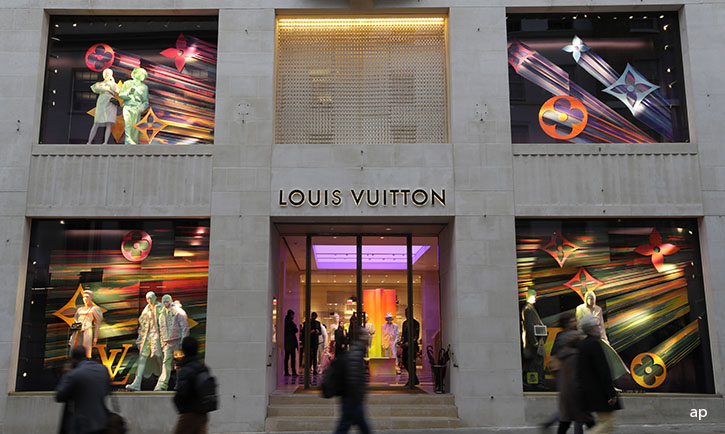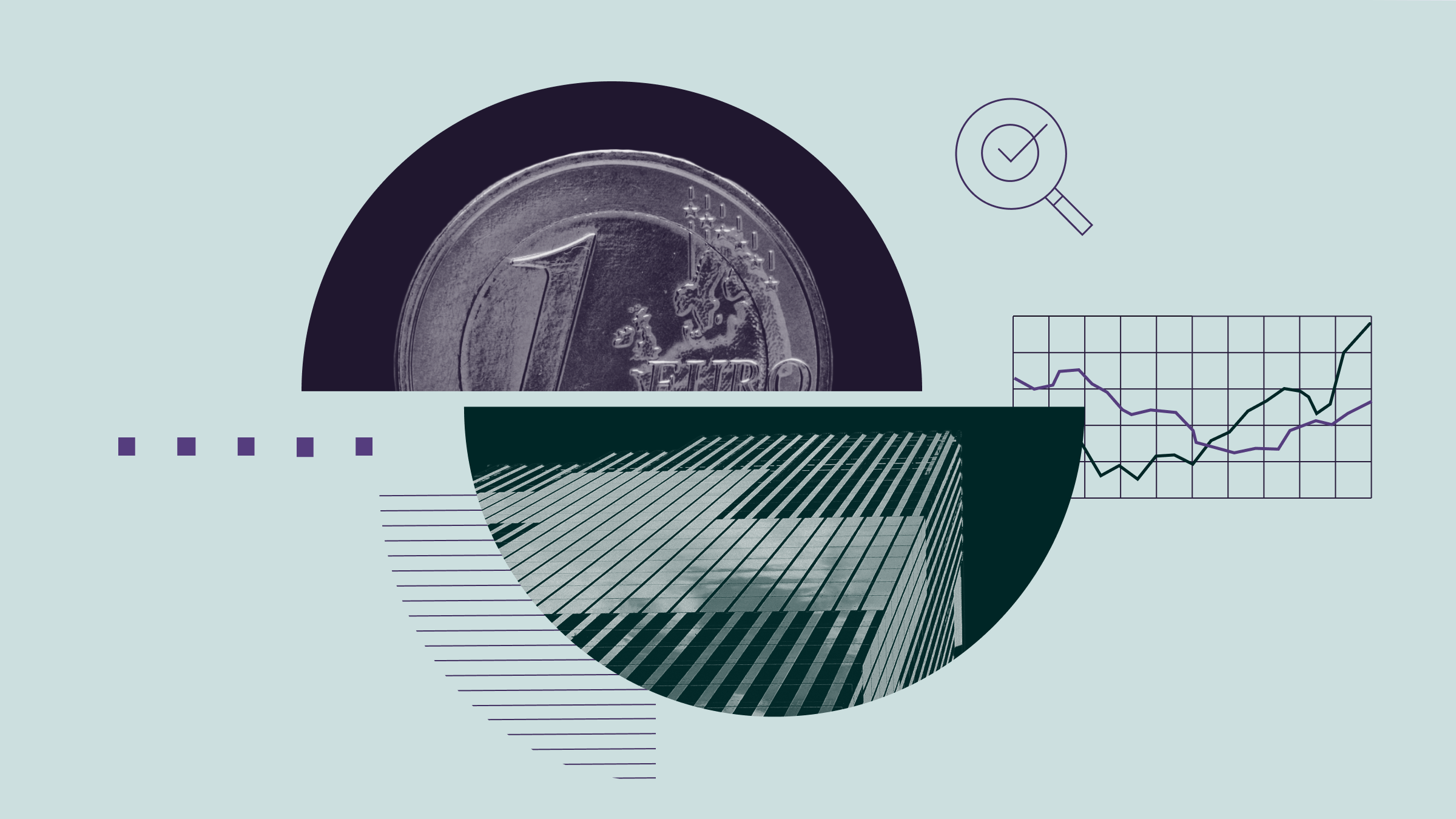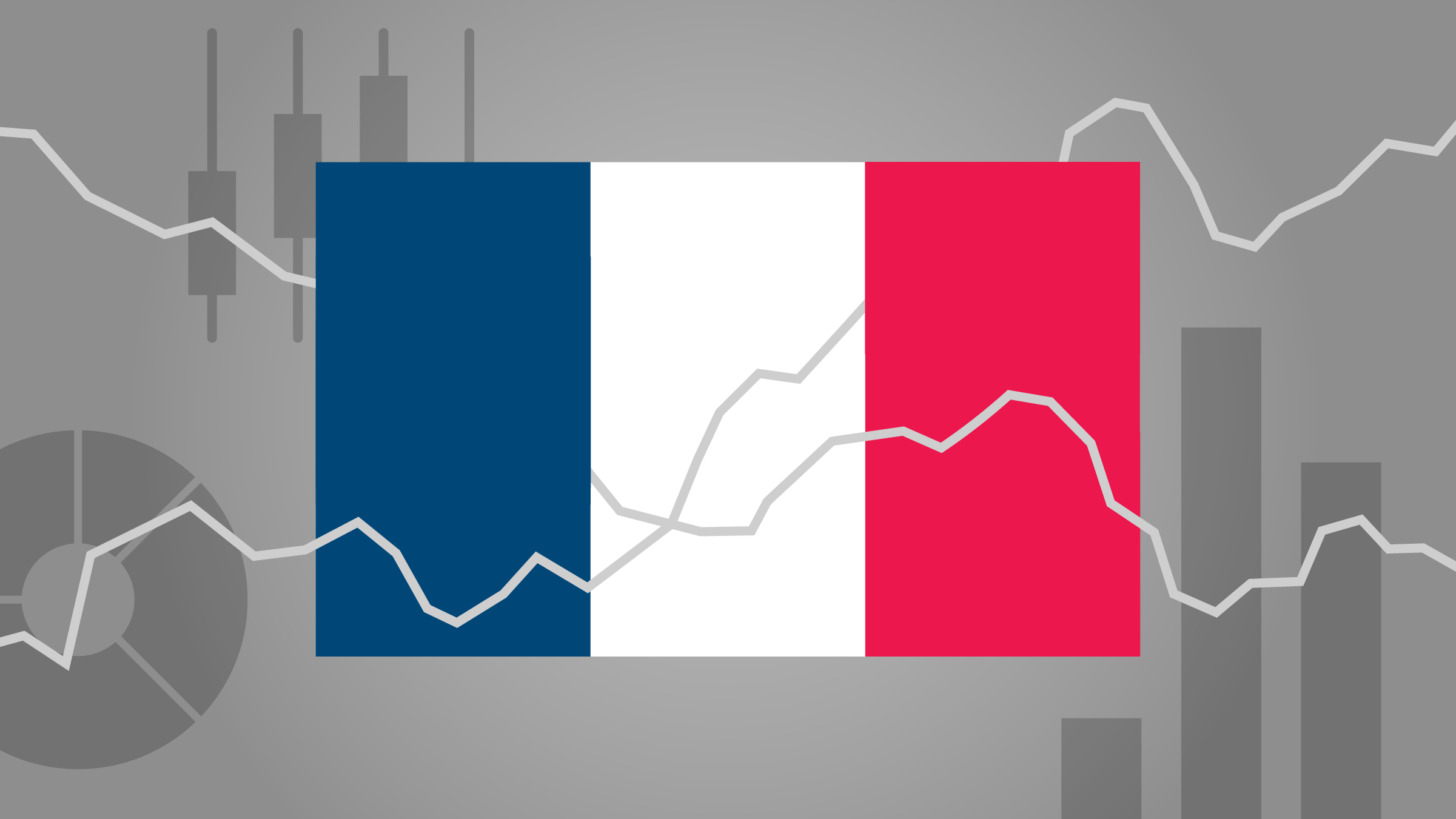TRANSCRIPT
Jocelyn Jovene: Hello and welcome to the Morningstar Investment Conference in Paris. I'm pleased to welcome Tanguy Le Saout, who is the Head of Fixed Income for Europe at Pioneer Investments.
Tanguy, thanks for being here.
Tanguy Le Saout: You're welcome.
Jovene: So, central banks have used a lot – created a lot of quantitative easing. Now they are on the negative interest rates to fight for the systemic risks and to promote growth. Yet, we don't see much of really economic growth right now. So, do you think that's enough? Do you think they have more to do?
Le Saout: Okay. So, I think, first, what they have done is good, at least for the ECB. So, the first was quantitative easing and negative interest rate really to fight back the euro appreciation and with the current account being so positive negative interest rate plus QE meant that euro more stable, weaker and more stable. So that was objective number one.
Second low interest rates, flatter yield curve are pushing investors elsewhere, little by little. So, elsewhere means outside of Eurozone but as well on the riskier assets. So, I think there's nothing to regret, has no catastrophe, but what's left is very little. They went as far as they could. They can still do a little bit more but not so much.
Jovene: How do you interpret the decision from the ECB today?
Le Saout: Today, I think – it means that – it demonstrated it will be way harder for them to do more. The deadline for the QE is March '17. No point, of course, to make it longer, but there are plenty issues with that. First of all, why should they make it longer? Second, if they make it longer, the pool of collateral is not big enough in certain countries. They have an issue eventually the scarcity of the bund. If you take all the factors limiting the purchase, we'll have very soon an issue the bund level. Today the Bundesbank is buying the bund at much (little) average I think about €12 already because so many of the shorter bund are not eligible because the yield is too low, it's below the depo rate and then the other conditions are in place. So, therefore, they have an issue. They have come back and clearly they haven't found a solution yet or they don't have the consensus for a solution yet.
Jovene: And in a couple of weeks we have decisions from the Bank of Japan and the Fed. Do you think that it's going to – we get some surprises there or…?
Le Saout: (Will) surprise. So, there was a line of thought that the Bank of Japan will reverse the negative depo rate. I don't think that's going to happen. That would be crazy. So, I think, they will restate the same level of interest rate. I don't think they can do much more because the last rate cut didn't seem counterproductive and the last meeting they didn't do anything on fixed income, either on the rate, on QE and bonds (indiscernible) more QE and equity, they just announced that. So I don't think there's going to be much more from Bank of Japan.
The Fed, it's difficult. The Fed – remember last September, they were not supposed to hike interest rates and they did that and market reacted really badly. Like the Fed knows something we don't know. They are not confident. I mean, they were not even supposed to hike interest rates in September. And today one year after that there's only one rate hike. The employment is below 5%, core inflation is above 2%. Okay, growth is not great, why shouldn't start hiking interest rate and show confidence. The best would be (Yellen) hike interest rate and say, you know what, we're on good track and we're starting because we have to start. Because the biggest problem of the central banks would be that what if the global causes are rolling over, they have no ammunition left.
Jovene: Tanguy, thanks a lot.
Le Saout: You're welcome.
Jovene: For Morningstar, I'm Jocelyn Jovene. Thanks for watching.





















